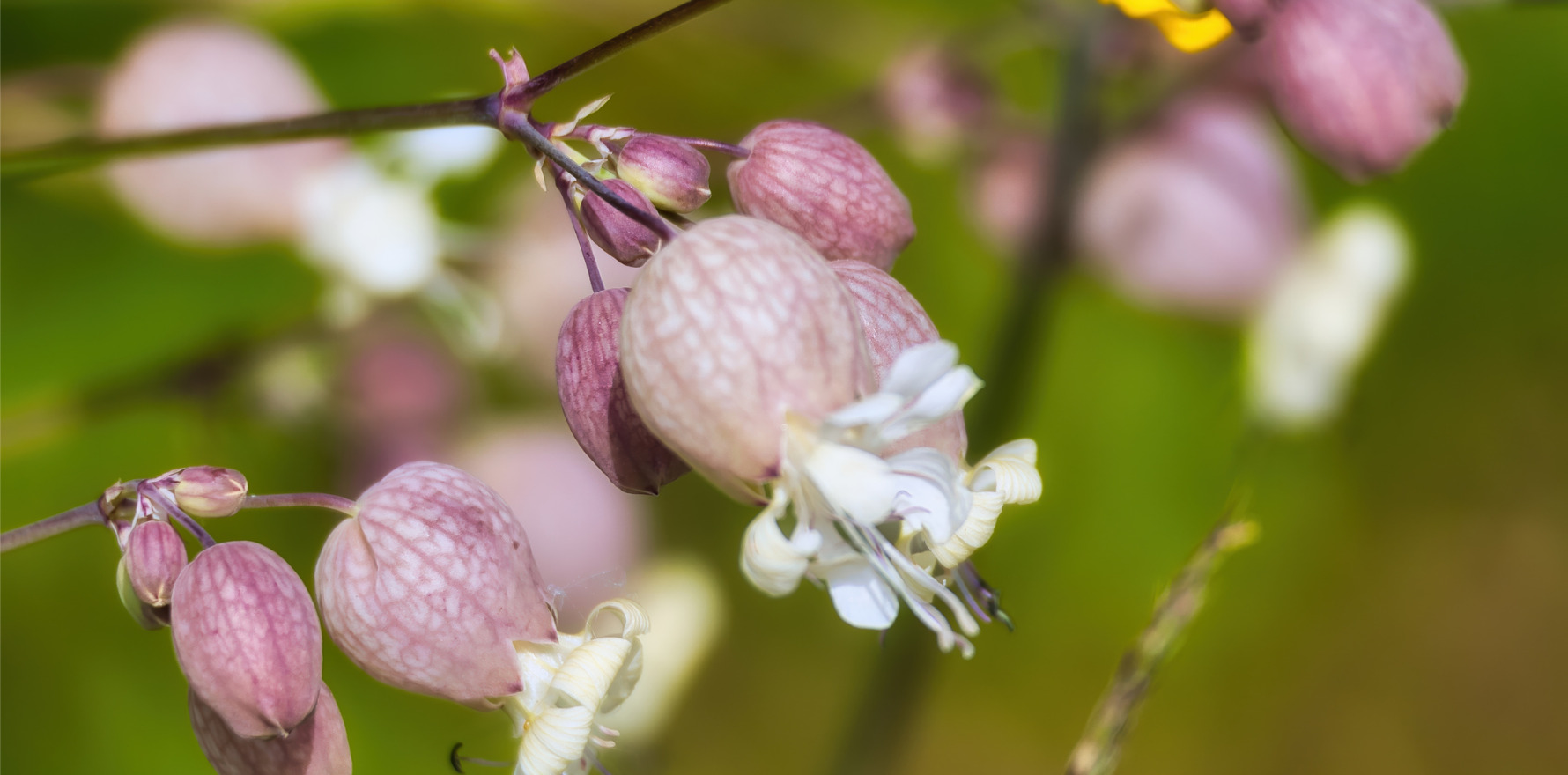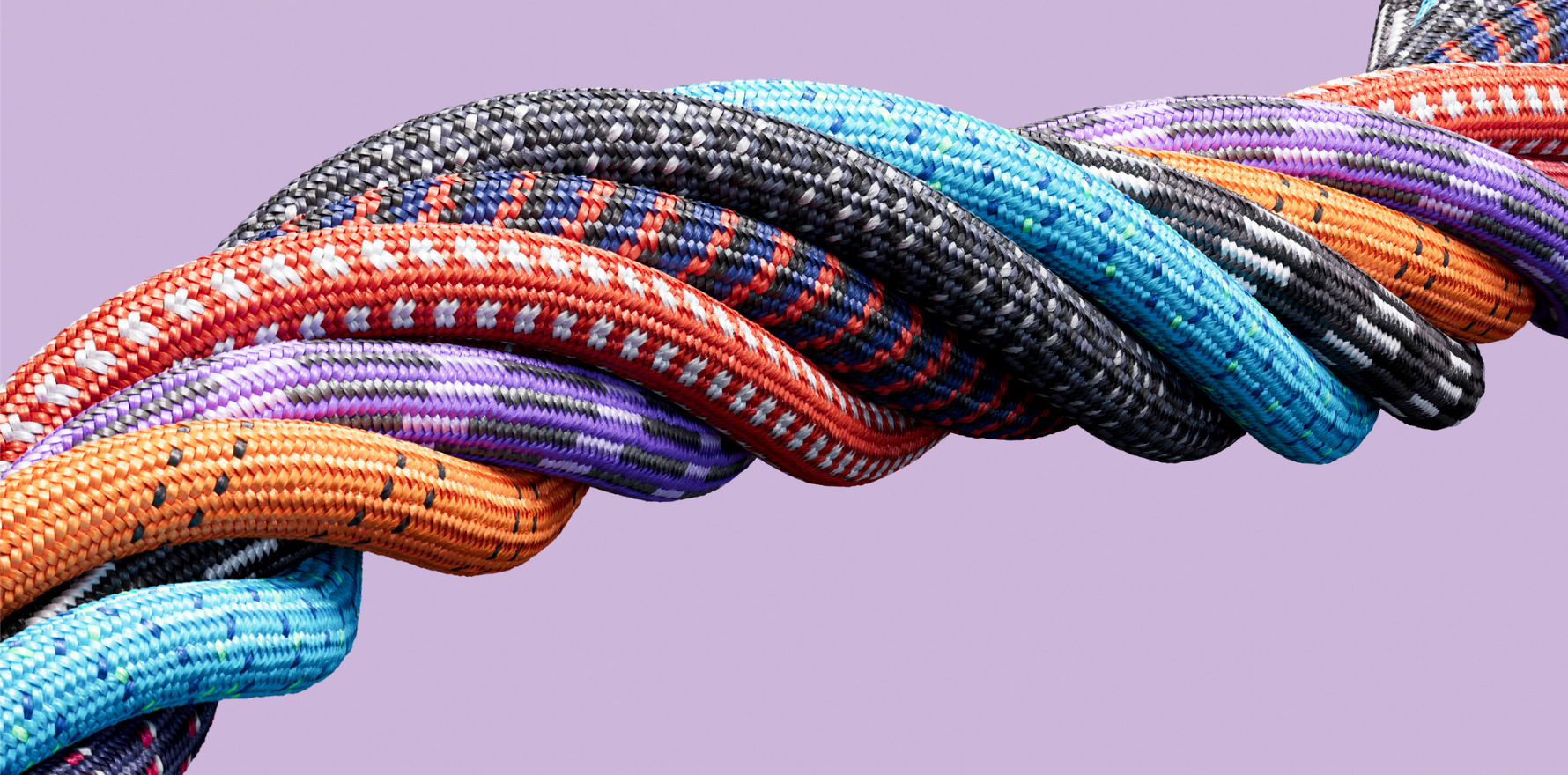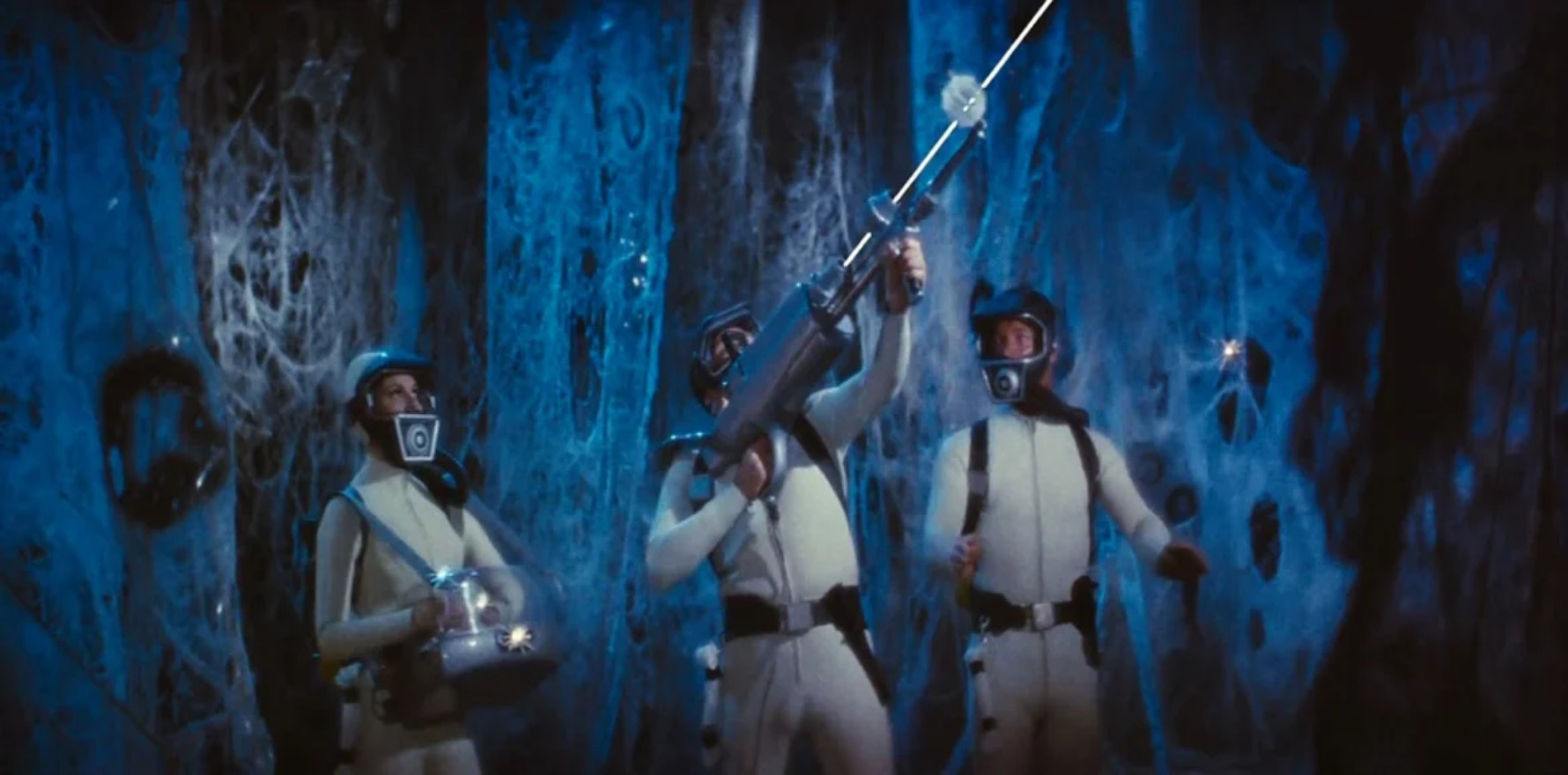A breakthrough intravesical is being rolled out across Australia, showing over 60% response rates in patients unresponsive to traditional treatments.
A promising new intravesical chemotherapy combining gemcitabine and docetaxel is being hailed as a game-changer for bladder cancer patients by the Urological Society of Australia and New Zealand.
Hospitals across Australia are rolling out the new bladder cancer treatment following two years of successful clinical trials.
The treatment, which involves the sequential intravesical administration of the chemotherapy agents gemcitabine and docetaxel – collectively known as “gem-doce” – has demonstrated response rates exceeding 60%.
The treatment offers an alternative for patients who have failed Bacillus Calmette-Guerin (BCG) therapy or why want to preserve their bladder, said Associate Professor Weranja Ranasinghe, leader of the USANZ Genitourinary Oncology Special Advisory Group.
Treatment is delivered into the bladder via a catheter once a week and also particularly beneficial for older frail patients who might not tolerate aggressive surgery.
“The success of this trial has changed the whole protocol for the treatment of bladder cancer,” he said.
“Nineteen patients have undergone the treatment since it was first trialled in 2023 at Monash Health and is now being rolled out in hospitals across the country and the world.”
A retrospective analysis published this month in Urologic Oncology: Seminars and Original Investigations compared the new treatment with BCG therapy was also good news for gem-doce.
The researchers reported that patients treated with gem-doce had higher recurrence-free survival rates compared to those who received BCG. After 12 months, 79% of patients in the gem-doce group remained cancer-free, compared to 63% in the BCG group. The advantage persisted at 24 months, with 73% of gem-doce patients still recurrence-free, versus 54% for BCG.
The researchers did point out however, that prospective validation was needed to confirm the results.
The study also showed promising results for progression-free survival. At 24 months, 97% of patients treated with gem-doce had no disease progression, compared to 88% in the BCG group.
For decades, patients who were unresponsive to BCG immunotherapy – the frontline treatment for non-muscle invasive bladder cancer (NMIBC) – were left with limited options, primarily radical cystectomy or palliative care if unfit for surgery.
“The treatment combines two chemotherapy drugs that on their own were relatively ineffective, but together the success rate is above 60% and side effects are well tolerated by patients,” Professor Ranasinghe said.
The advent of the gem-doce regimen offers these patients a viable bladder-preserving alternative.
“This new treatment provides an excellent option for these patients, with good tolerance and durability,” Professor Ranasinghe said.
“The other advantage is that these agents are widely available and affordable.”
Related
Bladder cancer affects over 3000 Australians annually, with most cases diagnosed in individuals over 50 years.
Haematuria remains the most common early symptom. Early detection significantly improves outcomes, underscoring the importance of both awareness and access to new treatments like gem-doce.
USANZ president Professor Damien Bolton told Oncology Republic the success of the trial was shifting treatment protocols globally.
He said it was a major development for a cancer that has not seen the same survival improvements as other cancers.
“One of the things I think is lost on this is that for most cancers, the survival rate is better now than it was 30 years ago, but in fact, more people die of bladder cancer than did many years ago,” he said.
“Largely we’re seeing now the washout of the generation who’ve been cigarette smokers. It used to be that younger people get it and now older people get it, and they’re more frail and they’re not amenable to the really aggressive treatments like having your bladder removed and having a bag and a stoma.
“In the past, where we’ve had limited numbers of treatments that could upstream that big surgery.
“Now we’ve got this combination that just is inserted into the bladder through a catheter once a week for an hour. It’s got relatively little in the way of side effects. It’s really well tolerated, and it gives us an excellent line of therapy against one of the worst cancers you can get.”
Professor Bolton said BCG treatment remained an extremely effective option for patients with non-muscle invasive bladder cancer. The immunotherapy is made from a strain of Mycobacterium bovis, the same bacterium used to create the tuberculosis vaccine. It is also administered directly into the bladder.
“However, there’s a worldwide shortage of this, and we just don’t have [easy] access to it in Australia, because we don’t make it here,” he told OR.
“There was a point where you just couldn’t get it here during covid. But now we have it on limited access, but we don’t have nearly the volume of what we need.
“So we’re kind of desperate for an alternative to become available. And with gemcitabine-docetaxel into the bladder, we’ve got that a type of intravesical immunotherapy.”
Professor Bolton said awareness of bladder cancer remained sub-optimal compared to other cancers, but early diagnosis and treatment offered patients the best outcomes.
“People should be way more aware of it, particularly men. And in fact, there are occupational things that predispose to it,” he said.
“People who work in petrochemical industry, printing industry typically, people who are cigarette smokers are much at much higher risk of these kind of things.”
Urologic Oncology: Seminars and Original Investigations, June 2025





